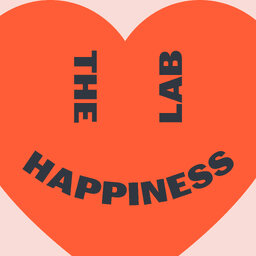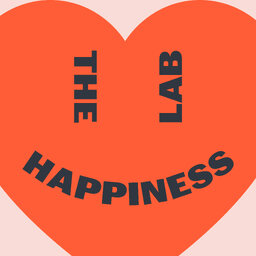Dump Your Inner Drill Sergeant
We often start a new year hoping to make big changes in how we look, feel or act. This can involve a lot of self-criticism and adopting things like tough diets and brutal exercise regimes. But being hard on ourselves doesn't deliver results.
Dr Laurie Santos examines why being a nasty drill sergeant to ourselves is less effective than being a kind coach; and hears from researcher and author Kristin Neff about why developing self-compassion is vital to helping us achieve our new year goals.
Learn more about your ad-choices at https://www.iheartpodcastnetwork.com
In 1 playlist(s)
The Happiness Lab with Dr. Laurie Santos
You might think you know what it takes to lead a happier life… more money, a better job, or Instagra…Social links
Follow podcast
Recent clips

How to Find "The One": The Science of Dating with Tim Molnar
45:01

How to Feel Truly Loved (with Dr. Sonja Lyubomirsky and Dr. Harry Reis)
42:09

How to Design a More Meaningful Life (with Dave Evans and Bill Burnett)
46:30
 The Happiness Lab with Dr. Laurie Santos
The Happiness Lab with Dr. Laurie Santos